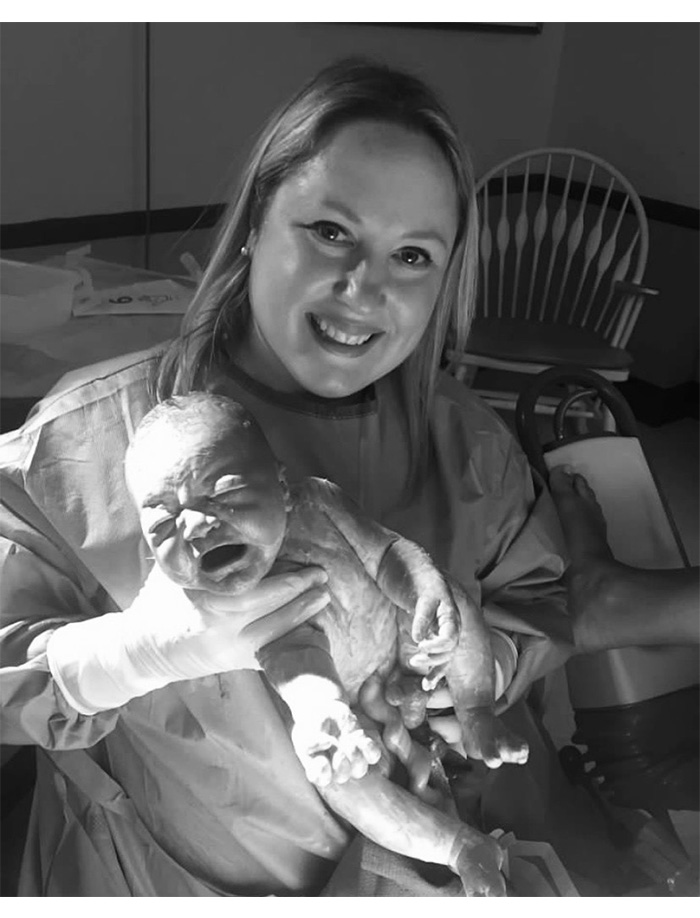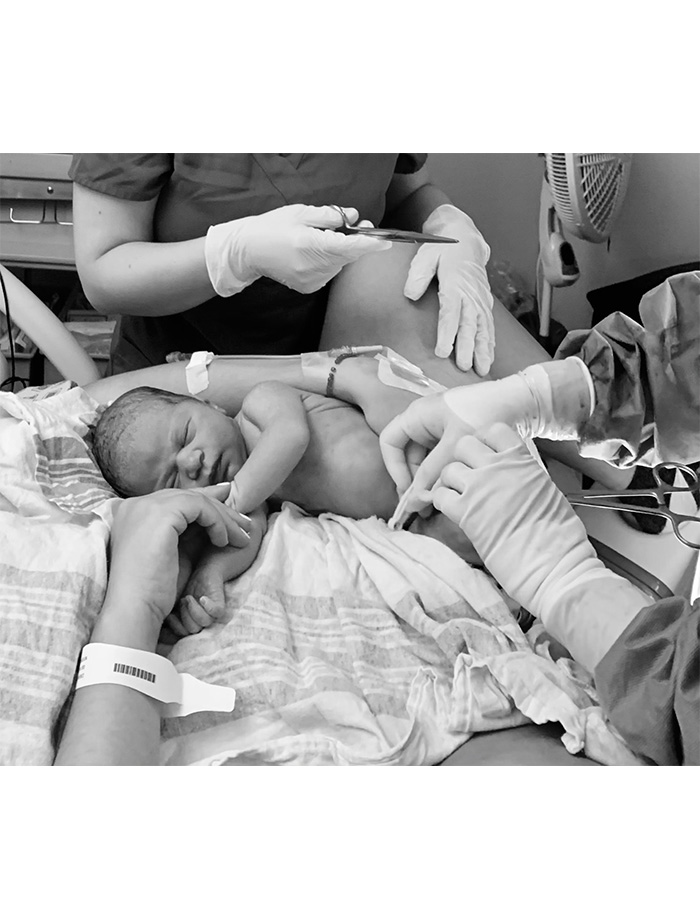
Dr. Alecia giovinazzo
Decades of Excellence
Dr. Giovinazzo is a board-certified obstetrician-gynecologist and Fellow of the American College of Obstetricians and Gynecologists. She completed her residency at Richmond University Medical Center and opened her private practice in 2005.
Dr. Giovinazzo cares for women at every stage of life, with experience in routine and high-risk obstetrics, gynecology, and minimally invasive gynecologic surgery. She is known for her compassionate approach, dedication to patient education, and commitment to providing high-quality, personalized care. She has also been recognized for excellence in clinical teaching and advanced laparoscopic surgery.
What We Stand For
Mission & Values
Our mission is to provide compassionate, personalized women’s healthcare in a supportive and respectful environment. We are committed to partnering with our patients through every stage of life—listening closely, educating clearly, and delivering high-quality medical care that supports informed, confident decision-making.

Compassion First
We believe every patient deserves to feel respected & cared for. We take the time to listen and approach each visit with empathy & understanding.

Personalized Care
No two patients are the same. We tailor care plans to each individual’s needs, goals, and lifestyle—because your health journey is uniquely yours.

Excellence
We are committed to ongoing education and the highest standards of care, including advanced and minimally invasive treatment options.
What Sets Us Apart
A Truly Patient-Centered Practice
Founded in 2005, our practice was built with one clear goal: to provide comprehensive women’s healthcare in a setting where patients feel genuinely cared for. We prioritize meaningful relationships, thoughtful visits, and care that never feels rushed.
Compassionate, Personalized Care
We believe great care starts with listening. From routine gynecology to pregnancy and postpartum care, we treat each patient tailoring care plans to individual needs, goals, and life stages.
Experience You Can Trust
Dr. Giovinazzo is a board-certified obstetrician-gynecologist and Fellow of the American College of Obstetricians and Gynecologists, with extensive experience in general OB/GYN, high-risk pregnancies, and advanced gynecologic care.
A Dedicated, Supportive Team
Our experienced physician assistants and nurse practitioners work closely with Dr. Giovinazzo to ensure continuity of care and attentive support.
A Philosophy Rooted in Compassion
Dr. Giovinazzo’s approach to medicine was shaped early in life through time spent accompanying her physician father on house calls, instilling a lifelong commitment to connection, empathy, and patient-focused care.

ALECIA GIOVINAZZO, MD
Contact Details
718-494-2690
1498 CLOVE RD, STATEN ISLAND, NY 10301
